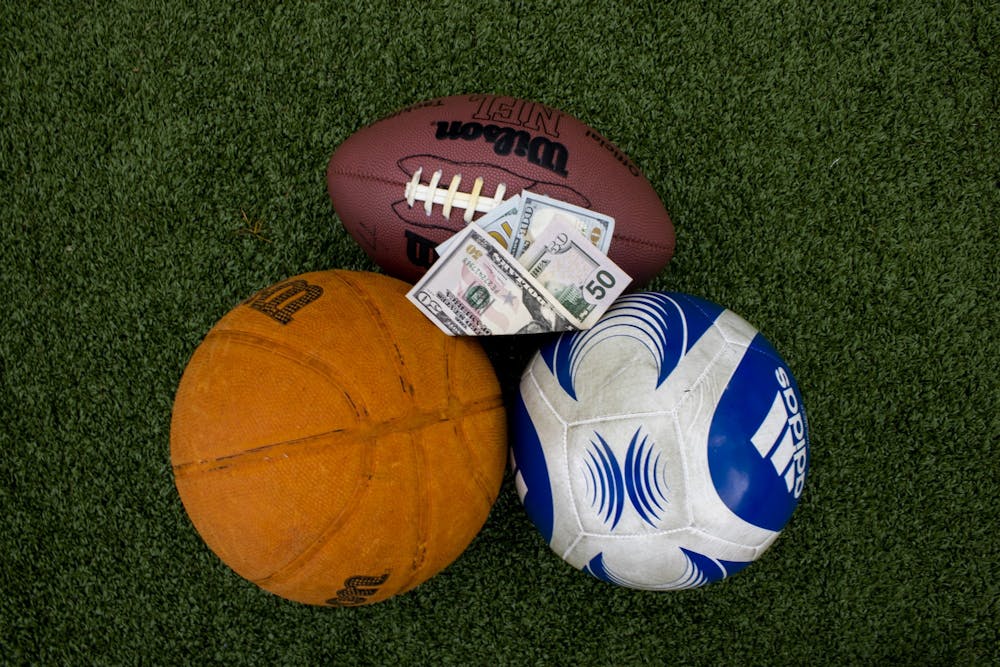The North Carolina athletic landscape has changed in the past year with the passage of new policies — including in NIL, sports betting and legislation impacting trans athletes.
Here are some changes to be aware of.
NIL in high school
The North Carolina High School Athletic Association Board of Directors voted to allow high school athletes in North Carolina to use their name, image and likeness for profit beginning on July 1. With the NCHSAA making this decision in early May, North Carolina has become the 28th state to create a NIL policy for high school students.
In order to benefit from potential NIL deals, athletes, parents and athletic directors will have to complete an annual course created by the National Federation of State High School Associations. According to the federation, the course aims to teach athletes how to market their brand while emphasizing the limitations of NIL — for example, that athletes cannot be paid for what is called “pay-for-play,” which is when an athlete earns money for competing.
Along with marketing, the course also hopes to identify misconceptions and make clear what athletes and their families should consider while pursuing a NIL deal.
Despite the passing of the policy, the N.C. Senate voted to add an amendment to Senate Bill 636 that nullifies the NCHSAA vote. The bill would still need to pass the N.C. House, but it has been in the House rules committee since May 4.
Sports betting
The U.S. Supreme Court ended the Professional and Amateur Sports Protection Act in 2018 which acted as the federal ban on sports betting. Without PASPA, about two-thirds of states have created laws that have legalized some form of sports betting. However, less than half have legalized online or mobile sports betting since the Supreme Court’s decision.




